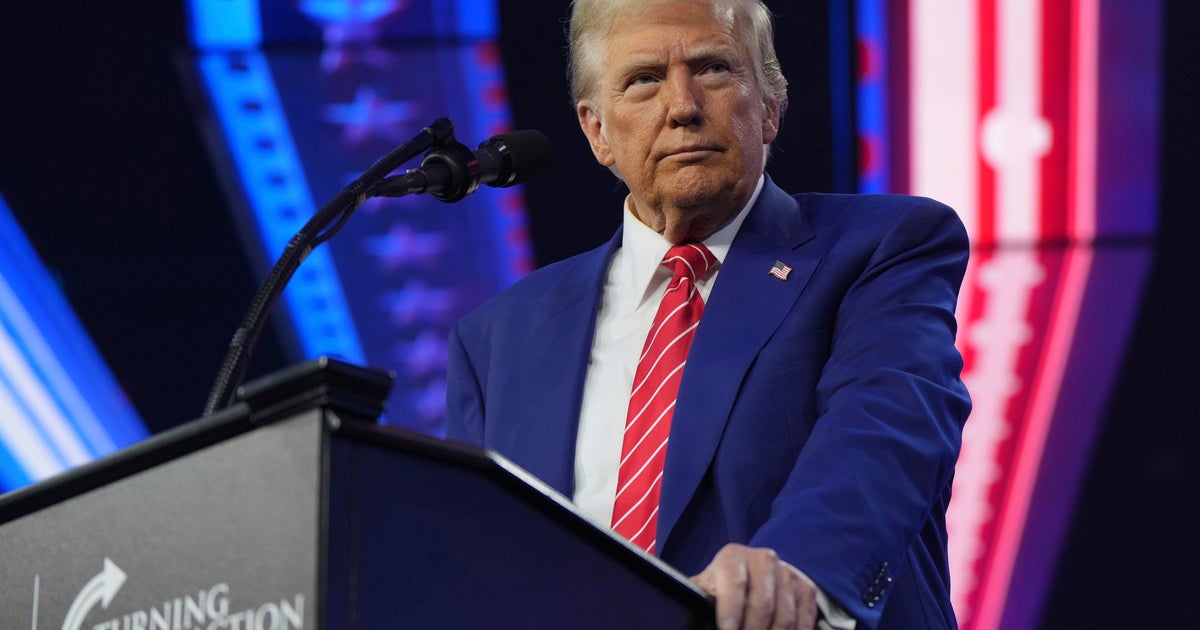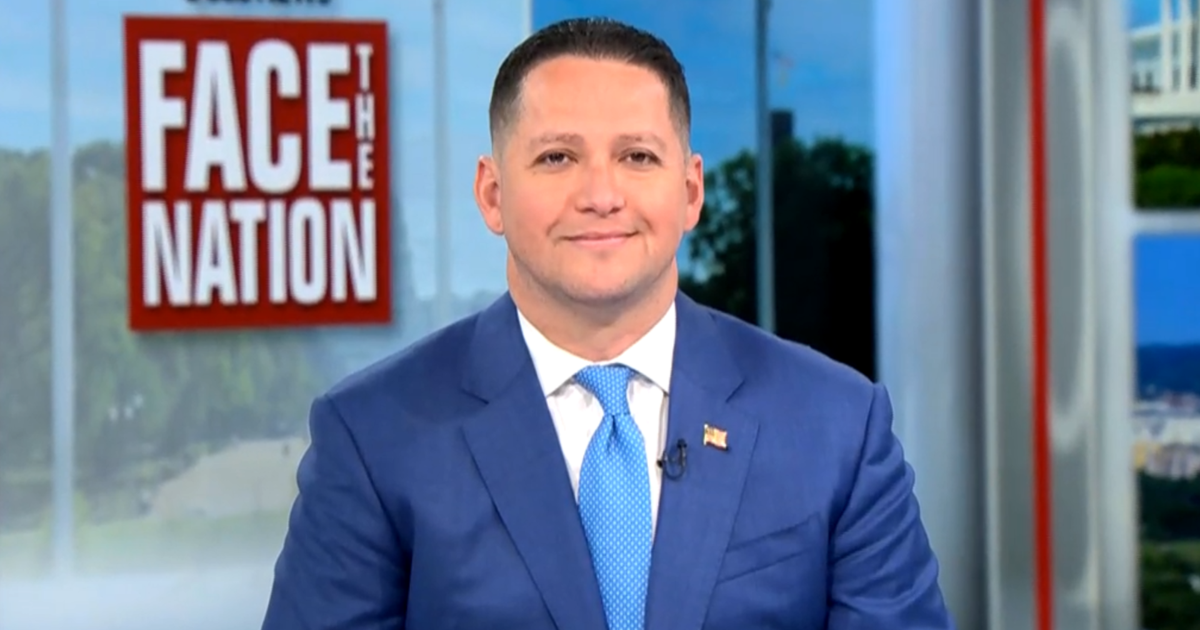India's poor hit hardest as coronavirus spreads and lockdown is extended
New Delhi — Prime Minister Narendra Modi announced Tuesday that India's nationwide lockdown would be extended until May 3 to fight the spread of the coronavirus. The lockdown that began on March 25 was originally scheduled to end Tuesday, but Modi said all state governments and experts had agreed that it must be extended.
The country of over 1.3 billion people has started to see a sharp rise in the number of COVID-19 cases: Modi's announcement came as the number of confirmed cases in the country passed 10,000, with almost 350 deaths.
The prime minister promised, however, some relaxation of the lockdown after April 20 in areas where there is success in curbing the coronavirus. He said limited economic activity would be allowed to resume in such areas.
India, like every nation with a major outbreak, is walking a tightrope as the government weighs tough measures to save lives against the damage inflicted on a shutdown economy.
While the vast majority of businesses have been ordered to close, more than 450 million Indians work in informal sectors, and most of them have also been left jobless under the lockdown. Millions of these workers were already poor and, along with a daunting homeless population, they've been hit hard by the epidemic.
The government is running community kitchens and providing free bulk grain to the poor and homeless, but it's not reaching everyone.
Abdul Aziz, who pulls a rickshaw in New Delhi, has been without work since the lockdown began. He told CBS News on Monday that he's started begging to feed his family. "I haven't earned a penny since the lockdown," he said.
There are hundreds of millions of daily wage earners like Aziz across India — many of them living hand-to-mouth even before the anti-virus measures took away their livelihoods.
For Sudhakar Kumar, a 33-year-old from central India's Uttar Pradesh state, work as a daily laborer in Delhi dried up when the virus struck. Like thousands of other migrant workers in India's big cities, he had no way to get back to his hometown hundreds of miles away when the lockdown was implemented, so he decided to stay in Delhi.
Now he's living with his wife and two children on a sidewalk in the crowded capital, begging for food and money to survive.
"I am desperate to go to my hometown in Uttar Pradesh. At least we will get some food there," Kumar told CBS News, wondering aloud when public transport might be allowed to resume.
Modi has acknowledged the lockdown's heavy toll, but says it's necessary to save lives. He says the measures have been successful in helping to contain the virus, and that India is doing much better than many developed nations.
"India's efforts are being lauded," he said. "If we had not acted fast, it is frightening to think what it would have been like today."
Last week the government claimed that, had the lockdown not been imposed, the number of coronavirus cases in India would have risen to 820,000 by April 15.
The government is expected to issue guidelines Wednesday night on how lockdown measures will be relaxed in areas that show sufficient improvement in the fight against the disease.






